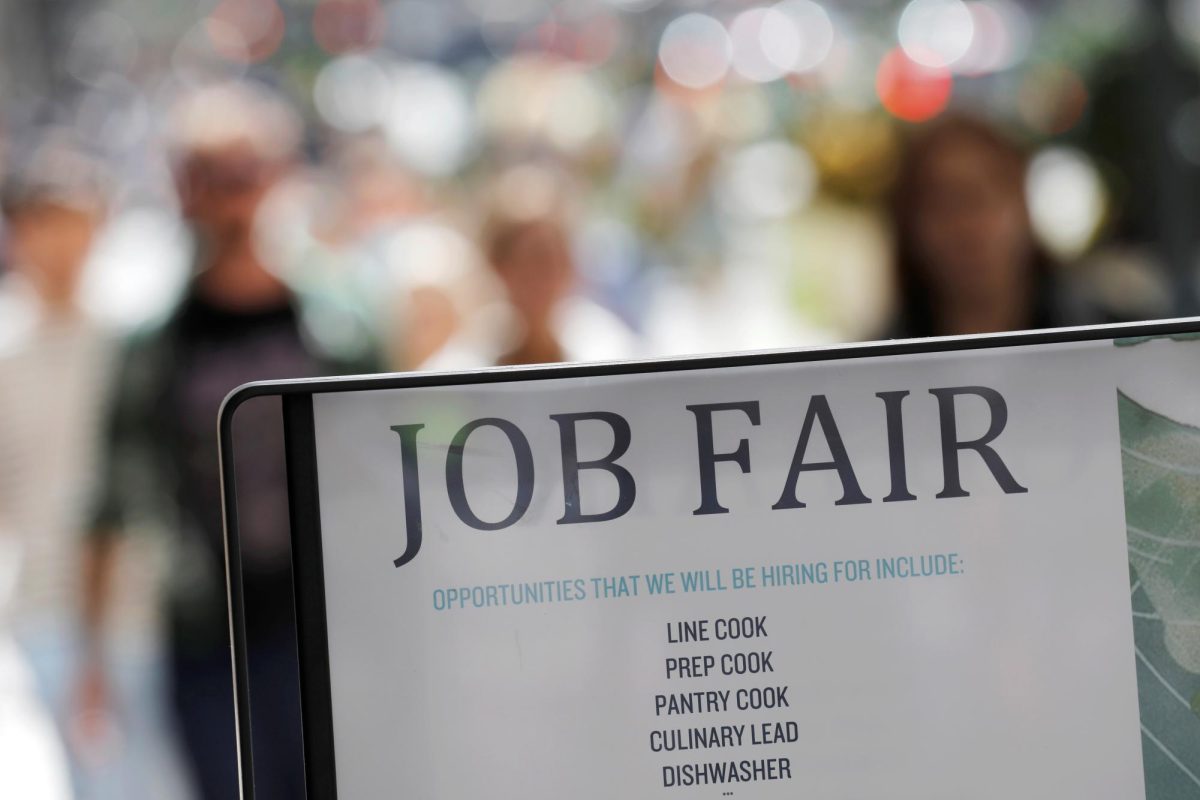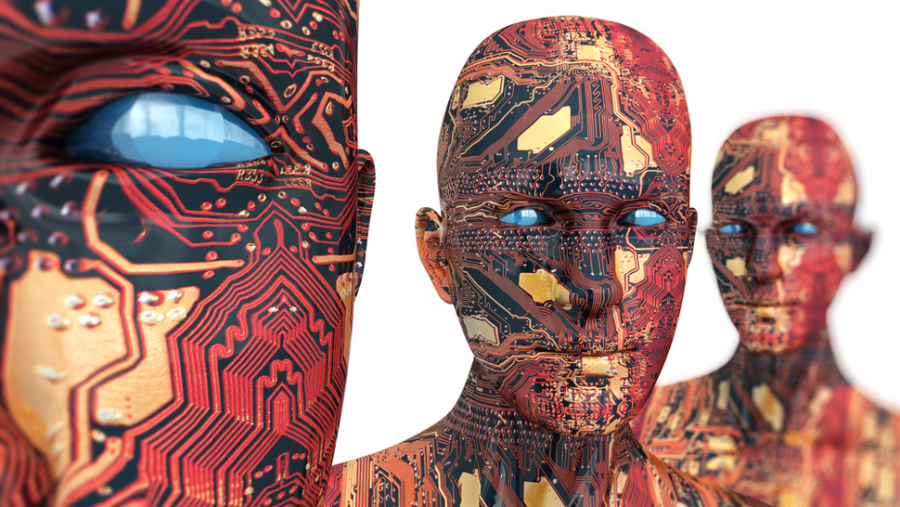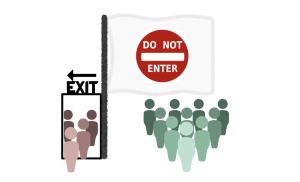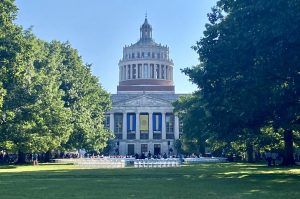Can terminator really happen?
Domination by Automation
March 5, 2015
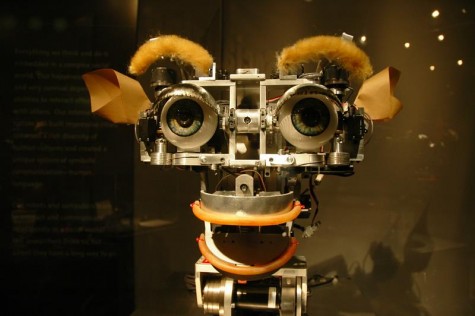
Envision cyborgs and robots bustling through busy streets while humans are huddled in the corner―where we are no longer the masters of the machine. Perhaps this threat will seek to shred the last of our humanity as our addiction to technology escalates. Even Stephen Hawking, Bill Gates, and Elon Musk anxiously note the crumbling wall between human intelligence and artificial intelligence, and when these authorities stress the plausibility of artificial intelligence dominating human intelligence, it is an argument worth listening to.
Artificial intelligence can be defined as the “branch of computer science dealing with the simulation of intelligent behavior in computers”, or more chillingly, “the power of machine to copy intelligent human behaviour.” This concept is nothing new, delineated multiple times in films such as “The Avengers”, “The Matrix”, “Robocop”, “Her”, “Terminator”, “Ex Machina” and in novels such as “2001: A Space Odyssey”, “I”, and “Robot”. While popular science fiction is replete with creativity and imagination, it may also be generating debate on the existential threat of artificial intelligence, and its capacity to out-smart humans.
Professor Stephen Hawking argues that as we depend more on technology, we will eventually build smarter technology (such as chess players beating world class chess champions). As a result, these technologies will adapt to sustain and re-design themselves. We humans, limited by slow biological evolution, will be superseded.
Acclaimed author Nicholas Carr believes that,“I can feel it too. Over the last few years I’ve had an uncomfortable sense that someone, or something, has been tinkering with my brain, remapping the neural circuitry, reprogramming the memory.” In his book, “The Shallows,” Carr traces the evolving patterns of our brains due to the effects of technology. He deduces that technology is impeding our ability to unlock conceptual skills, such as deep reading and critical thinking, insisting that the internet is designed to fragment our attention. With more multitasking we are limiting retention, as we cannot consolidate and transfer information into long-term memory. Autocorrect fixes our mistakes, inhibiting us from learning. Social media’s constant alerts and notifications distract us from reality.
Nicholas Carr has also recently released a non-fiction book, “The Glass Cage” that highlights our increasing dependency on automation. Although, technology allows us to avoid mental work, it forces us to become ignorant with our understanding of our culture and the world. With the technology burdening our body and minds, we could unintentionally be heading towards an abyss of undermined human instinct and human intelligence.
Furthermore, it is evident that many clever machines are in the process of taking over our tasks, for example, self-operating telephone systems, driver-less cars, and pilot-less planes. Many people have been losing their jobs because of enhanced automation. Technologies such as speech recognition and speech synthesis can now do jobs that once required human assistance.
Now, not only are people replaced by technologies, but companies are rapidly undergoing technology takeovers. In 2004, people relied on Blockbuster to rent movies but now have switched to Netflix. Netflix operated on required internet and specific cables watch or play the media (as the internet was still new and rare). Internet World Stats statistics indicate during the year 2004 only 11.5%~12.7% of the world were using the internet, which is fairly low. However, as Internet access increased, the population’s usage of Blockbuster declined and the usage of Netflix increased. In 2010, Blockbuster filed for bankruptcy.
The progress of technology continues while “enhancing” our lives. But can we really declare that it is enhancing our lives when it is destroying people’s jobs or destroying companies? And this may be just the start.
In a recent Scientific American article, “The Coming Merging of Mind and Machines,” Ray Kurzweil highlights that, “Machines will follow a path that mirrors the evolution of humans. Ultimately, however, self-aware, self-improving machines will evolve beyond humans’ ability to control or even understand them.”
Although the threat of artificial intelligence may not be an imminent one, it shouldn’t be ignored. It is imperative that while we cherish technology’s benefits, we must be cautious of its effects.

